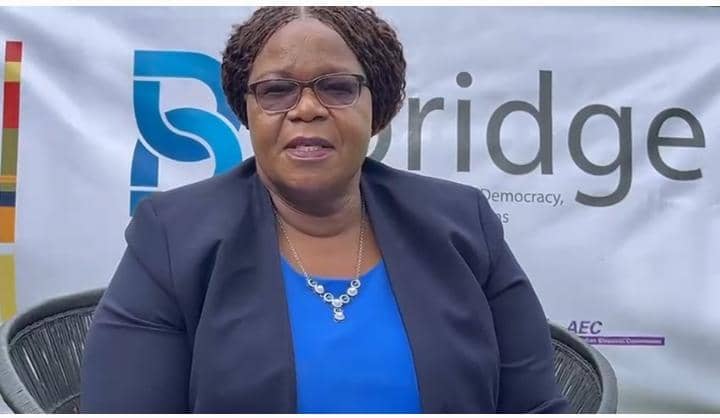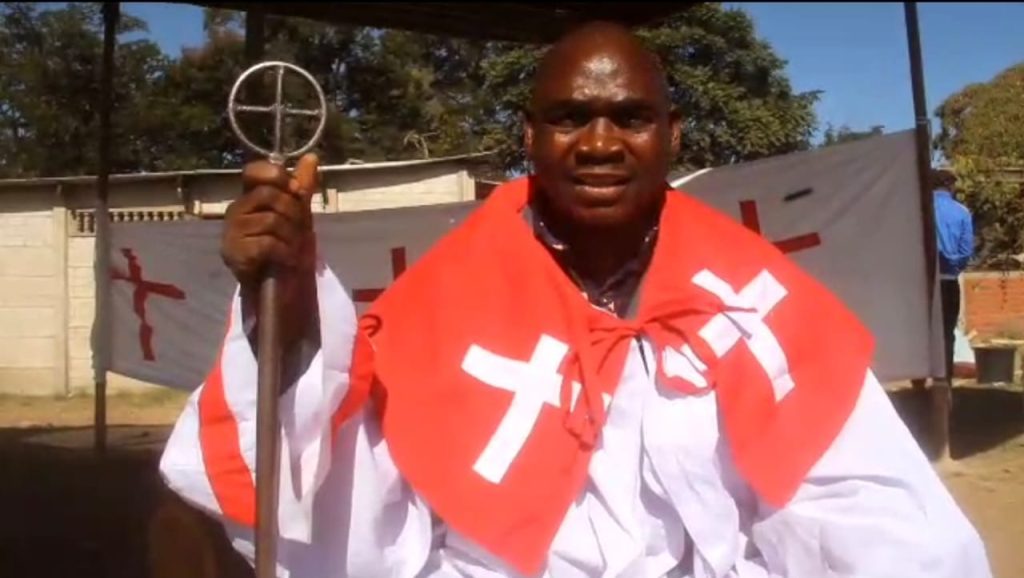Staff Reporter
The Zimbabwe Election Support Network (ZESN) recently hosted a three-day workshop in Harare to address the alarming decline of women’s participation in Zimbabwe’s political landscape.
This initiative is part of ZESN’s Building Resources in Democracy, Governance and Elections (BRIDGE) program, aimed at encouraging women to take part in elections and developing strategies to increase their involvement.
Rindai Chipfunde-Vava, ZESN’s National Director, emphasized the importance of women’s voices being heard and their perspectives reflected in decision-making processes.
She expressed concern over the huge drop in women’s participation in recent elections, with only one woman running for presidential post and a mere 11.89 percent representation in the National Assembly.
“In the recent elections, we saw a significant drop in women’s participation, only one woman ran for president, and in the National Assembly, women’s representation stands at a mere 11.89 percent, Local government figures are even lower, at 15.1 percent,” she said.
The workshop will look at the issues that hinder women’s political engagement which includes patriarchal structures, cultural barriers, economic constraints, and the media’s role in presenting women.
United Nations Governance Advisor, Mrs Fadzai Traquino, emphasized that UN Women supports global, regional, and national initiatives to strengthen women’s leadership and ensure equal access to decision-making.
These efforts align with international commitments, such as the Convention on the Elimination of All Forms of Discrimination Against Women (CEDAW), the Beijing Declaration, and the Sustainable Development Goals, particularly SDG 5.
Mrs Traquino highlighted the importance of promoting inclusive electoral processes, ensuring no one is left behind. Despite progress, women remain underrepresented in decision-making positions, with only 26.9% of parliamentarians in single or lower houses being women, up from 11 percent in 1995.
Currently, only six countries have achieved 50% or more women’s representation in parliament: Rwanda (61%), Cuba (56%), Nicaragua (54%), Andorra (50%), Mexico (50%), New Zealand (50%), and the United Arab Emirates (50%). Data from 141 countries shows that women constitute 35.5% of elected members in local deliberative bodies.





